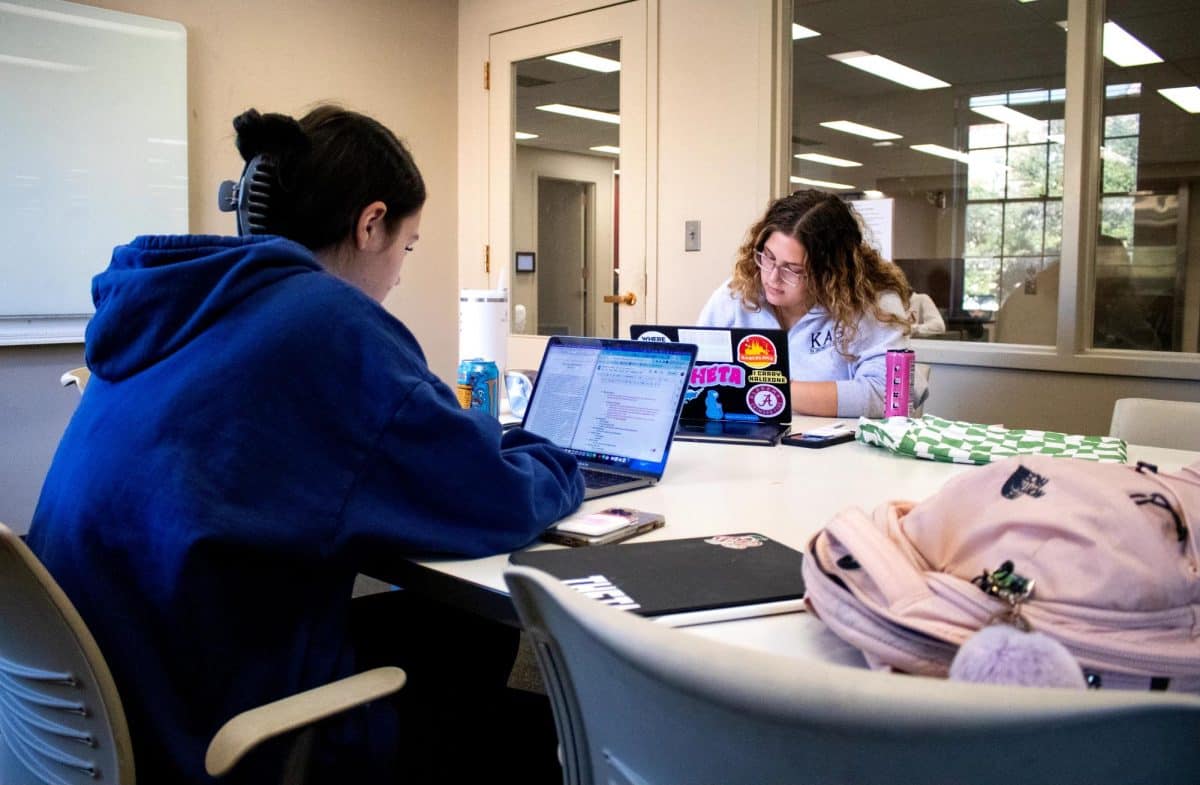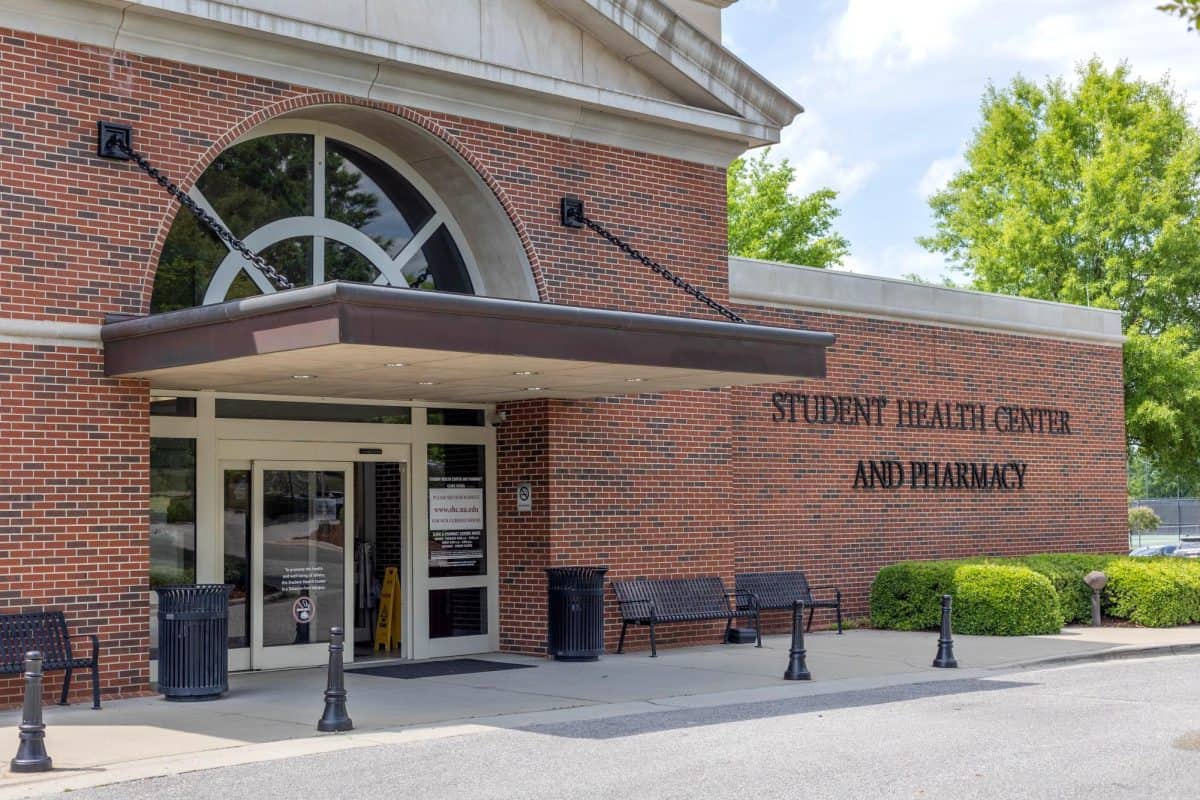My jaw dropped to the floor when I heard the news: The University of Alabama is about to allow strip-mining on a large plot of its land.
In a deal that smells worse than a coal-fired power plant, my beloved school has proposed leasing an environmentally sensitive area to a subsidiary of Drummond Company, a large coal-mining enterprise. If that name sounds familiar, that’s because CEO Gary Drummond Sr. is a Trustee Emeritus of The University.
In dealing with Drummond, the University is doing little to be responsible or enhance its image. Additionally, Drummond is a corporation with an ethically compromised past.
Over the last few years, it has been implicated in the deaths of dozens, including the targeted assassinations of three labor leaders working for its mining operations in Colombia, and funding paramilitary organizations in the process.
Though legal attempts at reparation for such crimes ended in a quagmire, allegations of human rights abuses were serious enough to launch an investigation from the House Foreign Affairs committee in 2005. Why would the University stake its reputation and pride on such a shady deal, working with a company that has such a villainous history?
Perhaps this is a good time to revisit a 2008 memo from University President Robert Witt: “The University will continue to be a good steward of the resources entrusted to us and to nurture leaders who will help create communities that are healthy, sustainable, and environmentally responsible for generations to come.”
I realize it costs a lot of money to run a school the size of Alabama, but a tough economy shouldn’t absolve the University of its responsibility to limit the harm our activities might cause to the surrounding community. Though the proposed coal mine will cause harm in several capacities, perhaps the most obvious is the damage it will do to the nearby town of Cordova.
This location defines southern culture: Riverfront homes with enclosed porches dot the bank, and any stranger will wave to you as you pass by. Boating day rained out? Pull over at any dock and they’ll invite you in for sweet tea until the storm passes. From the water, you can see where Native Americans made their homes in caves along the cliff, and where wildlife – including endangered species – call home today. The mine would strip those qualities away… along with the ash it can dump into our river.
Let’s get back to Witt’s memo, the part about creating “communities that are healthy, sustainable.” The proposed mine poses a severe hazard to the well being of surrounding areas of Alabama. The wildlife and recreation opportunities of the Black Warrior River would suffer.
More worrisome, however, is that the Shepherd’s Bend Mine is 800 feet away from a major water intake for the city of Birmingham, which provides over 200,000 citizens with their drinking water. Birmingham Water Works has said that this risk is “unprecedented” and presents an “incompatible use.” This alone constitutes a major red flag for the mining proposal; to continue in the face of such dangers would be irresponsible.
As students of the University of Alabama and, indirectly, stewards of our state community, it is our responsibility to stand up and support a responsible course of action that limits harm to the surrounding communities of western Alabama. For the University to maintain its standing as a “good steward” of our state at large, we must make responsible choices in our management of the resources, environmental or otherwise.
Despite the economic incentive to do so, choosing to strip-mine in close proximity to the Black Warrior River – in an area rich with natural resources, sheer beauty and Southern culture – is in clear conflict with such principles.
Michael Fitzmorris is a sophomore majoring in biology & political science and the treasurer of the College Democrats. Elyse Peters is a sophomore majoring in American studies and a member of The University of Alabama Environmental Council.








